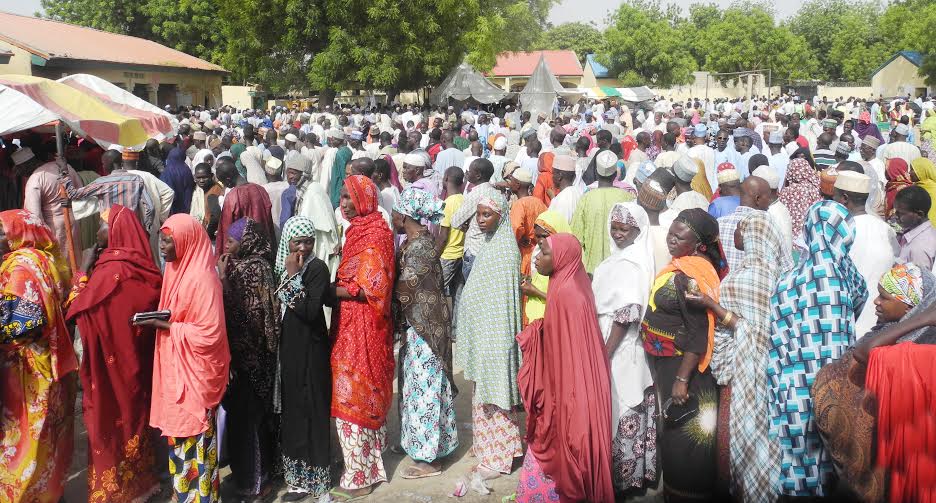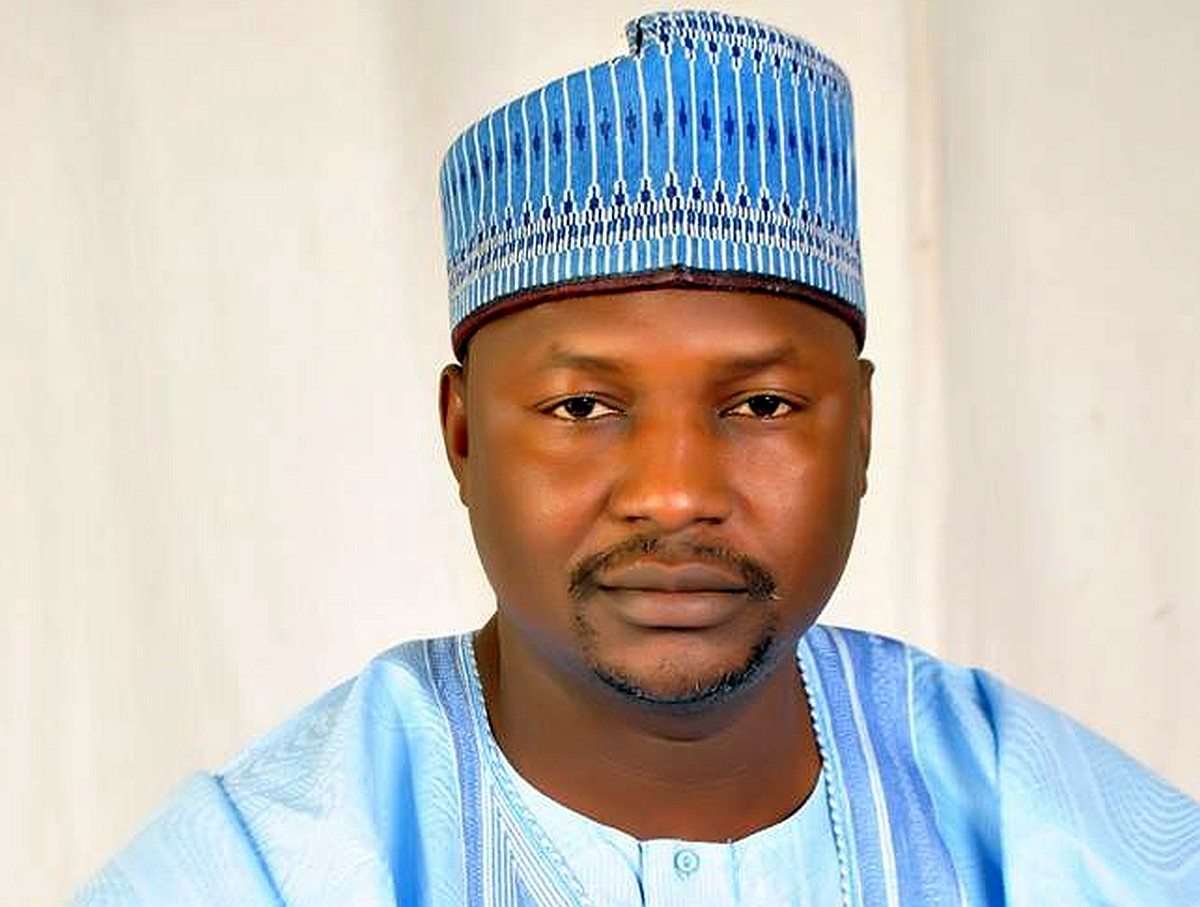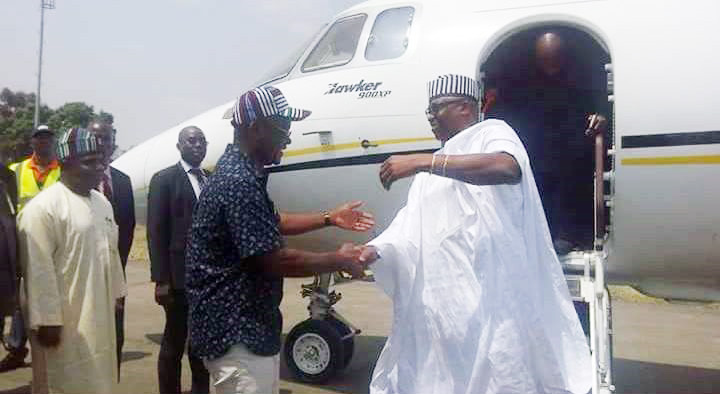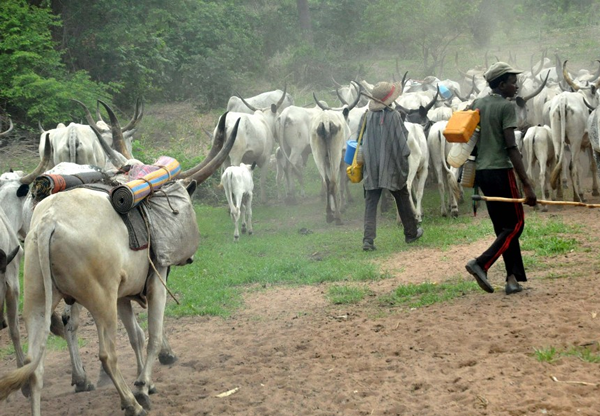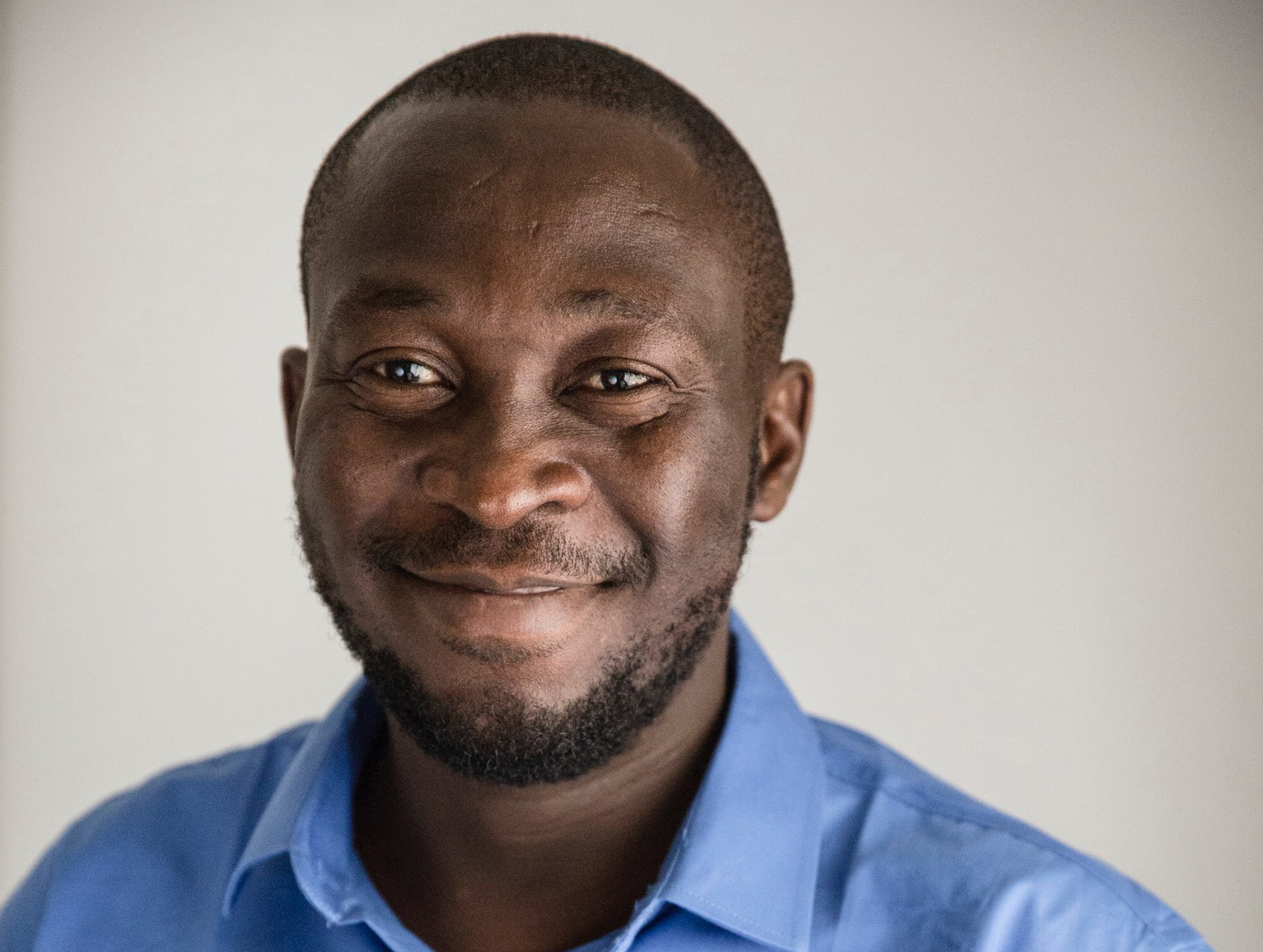The United Nations says a total of 10.2 million people are in need of humanitarian assistance in various parts of the country.
Edward Kallon, UN humanitarian coordinator in Nigeria, disclosed this on Thursday during the launch of the 2018 humanitarian response plan (HRP) launch in Abuja.
He said the affected states include Adamawa, Bauchi, Borno, Gombe, Taraba and Yobe.
He gave the breakdown as:
Advertisement
- 1.7 million are internally displaced persons (IDPs)
- 1.3 million returnees form outside the country
- 7.2 million others in various groups
Kallon, however, added that UN’s primary concern is the 7.7 million people who he said are in need of such support in the north-eastern states of Borno, Yobe and Adamawa.
“These (the 7.7 million) are people who have been displaced and are living in camps or host communities, people who have returned home to nothing, and people living in other areas that are hard to reach for humanitarians,” he said.
He said out of this number, 6.8 million are being targeted for humanitarian assistance in the 2018 HRP by sixty organisations, including UN agencies and international and national NGOs.
Advertisement
He said a total of $1 billion dollars would be required for such target, while $196 million is being rolled over from the $196 million derived last year.
Kallon added that the aim of the plan in 2018 is to build on the humanitarian work carried out in previous years, with three strategic objectives: “Providing life-saving emergency assistance to the most vulnerable people in the conflict-affected areas, ensuring that all assistance promotes the protection, safety and dignity of affected persons and helping people to kick-start their lives again.”
According to him,
- 3.7 million people are being targeted for food assistance.
- 2.7 million vulnerable persons being targeted for protection services following “grave” violations of human rights.
- 5.1 million to be accommodated in medical care.
- 2.7 million malnourished children and nursing mothers also to be provided for.
Also speaking, Abdou Dieng, regional director of World Food Programme (WFP), said the agency spent a total of $126 million in providing 200,000 metric tonnes of food in 2017.
Advertisement
“More than 75 percent of the food we provide are procured in Nigeria and as many as 75 percent of WFP in-country staff are Nigerians,” he added.
Dieng said in 2018, WFP requires a total of $227.4 million for humanitarian services in the areas of food security, nutrition, logistics, emergency telecommunication among others.
Zainab Ahmed, minister of state for national planning, thanked the humanitarian agencies for their commitment in the north-east and other crisis-affected states in the country.
She reiterated the commitment of the federal government in providing the “enabling environment”
Advertisement
“2018 will be a year we will be concentrating on supporting the internally displaced persons (IDPs) to return to their original communities,” she added.
Advertisement
Add a comment

